

Why is Getting Tested For HIV So Important?
By: ImpactGuru
Published On: June 25, 2024
Did you know that according to the World Health Organisation, more than 39 million people from all over the world are currently living with HIV? In this day and age, it is crucial to get tested regularly, especially if one is at risk of exposure.
Raising awareness is very important as many people still don’t know the harmful effects of HIV. Getting tested early can be a lifesaver as one can start treatment right away and prevent the progression of the disease. Let’s learn all about HIV, its prevention techniques and the importance of getting tested.
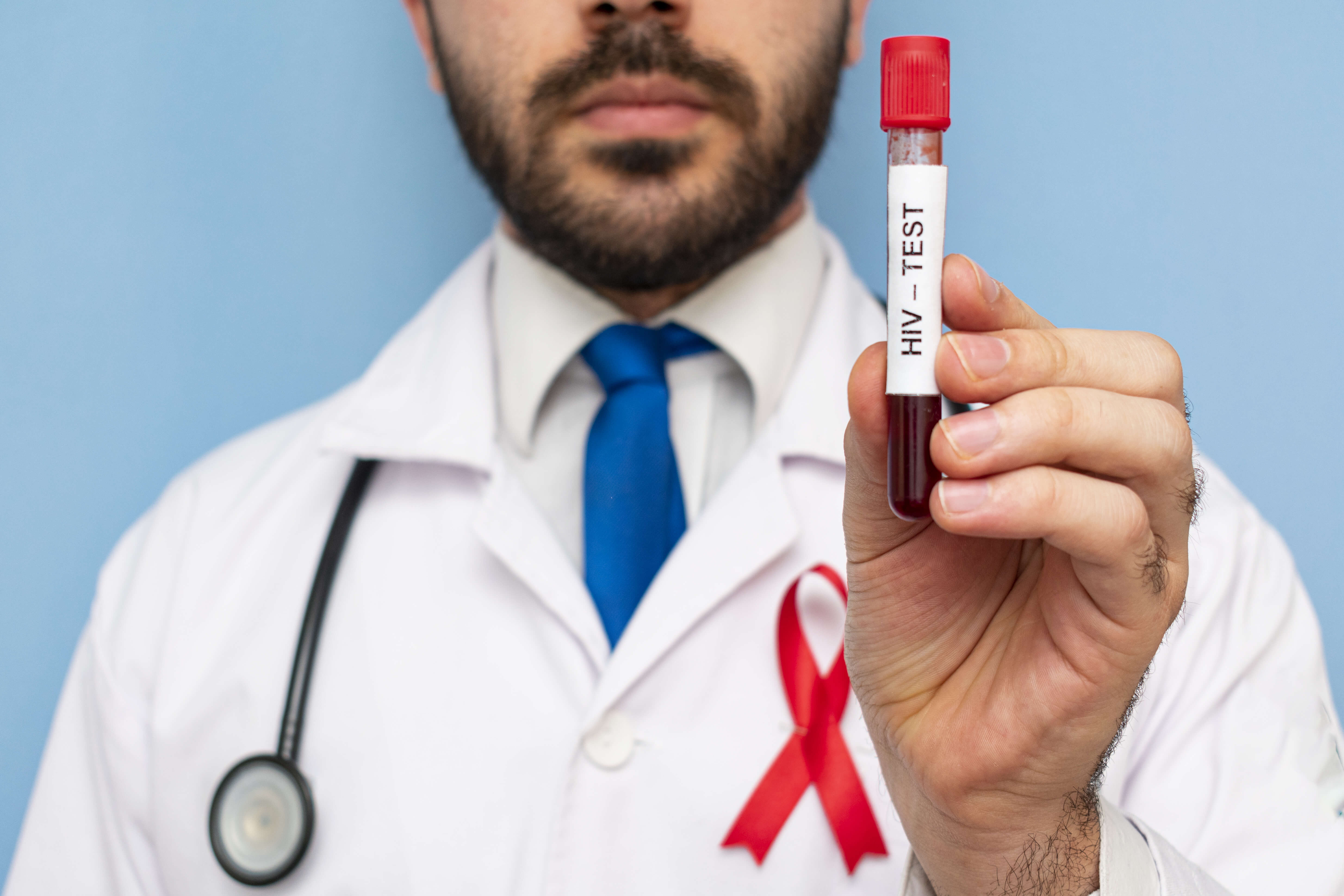
Source: Envato Elements
What is HIV?
HIV (Human Immunodeficiency Virus) is an autoimmune virus which attacks the cells that help one’s body fight infections, which can be dangerous for one’s health and can leave them immunocompromised. If left untreated, HIV can lead to AIDS (Acquired Immunodeficiency Syndrome) which can be lethal.
HIV was first detected in chimpanzees during the 1930s in West Africa and transferred to humans through contact with their infected blood during hunting. The first case in India was recorded in 1986.
HIV is spread through contact with infected bodily fluids such as blood or semen, sharing needles or syringes and having unprotected sex. Contracting HIV can be very dangerous as it leaves one vulnerable to having other diseases and infections.
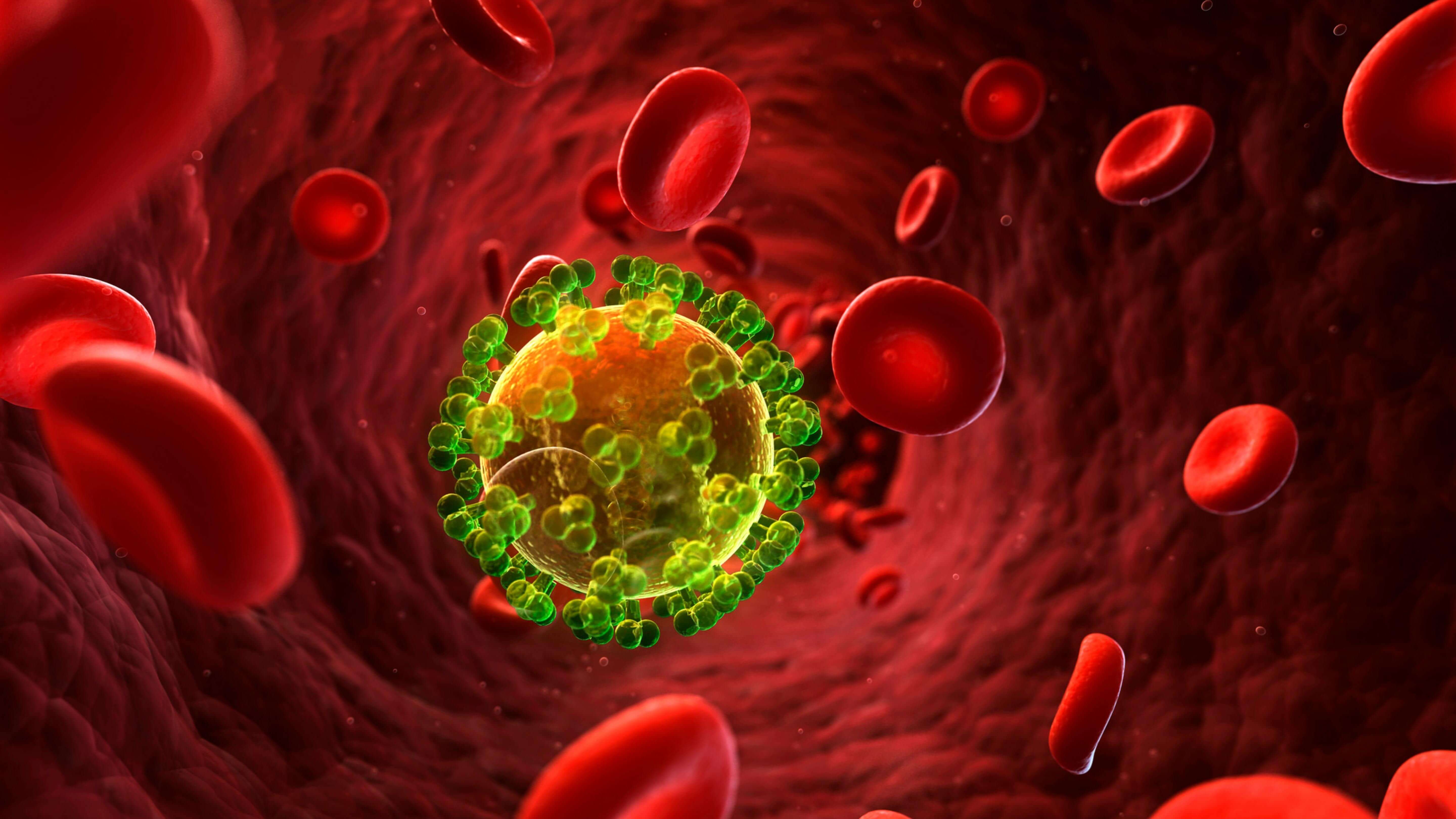
Source: Envato Elements
How Can You Prevent HIV?
HIV is a chronic condition. There is no cure currently available that can completely eradicate the virus from the body. Hence, it is crucial to practice safe habits.
Here are some measures one must adopt to prevent contracting HIV:-
Practice Safe Sex: Always use a condom and be honest with your partner about your sexual habits. Using a condom can prevent other sexually transmitted diseases as well.
Avoid Sharing Needles: It is advisable to strictly avoid sharing needles or syringes with another person. This can help one reduce the risk of hepatitis as well. For tattoos and blood tests, make sure to only go to a trusted establishment to avoid the risk of an infected needle.
Use PrEP and PEP: Using Pre-Exposure Prophylaxis (PrEP) and Post-Exposure Prophylaxis (PEP) can help one stay HIV negative, even if one’s partner might have HIV. PrEP is a medicine taken to reduce the risk of HIV that can be taken either as a pill or an injection while PEP is taken after exposure to stop HIV from taking hold over the body and spreading further.
Get Tested Regularly: It is advisable to get tested for HIV at least once a year to know one’s condition and avoid unknowingly passing it on to other people.
What are the Symptoms?
While it is advisable to get tested immediately after a possible exposure to HIV, the following are the seven warning signs of HIV that can appear up to 2-6 weeks after infection:
Fever and Flu-like Symptoms
Headache
Muscle Ache or Full Body Pain
An Abnormal Rash on the Body
Sore Throat
Swollen Lymph Glands
Diarrhea
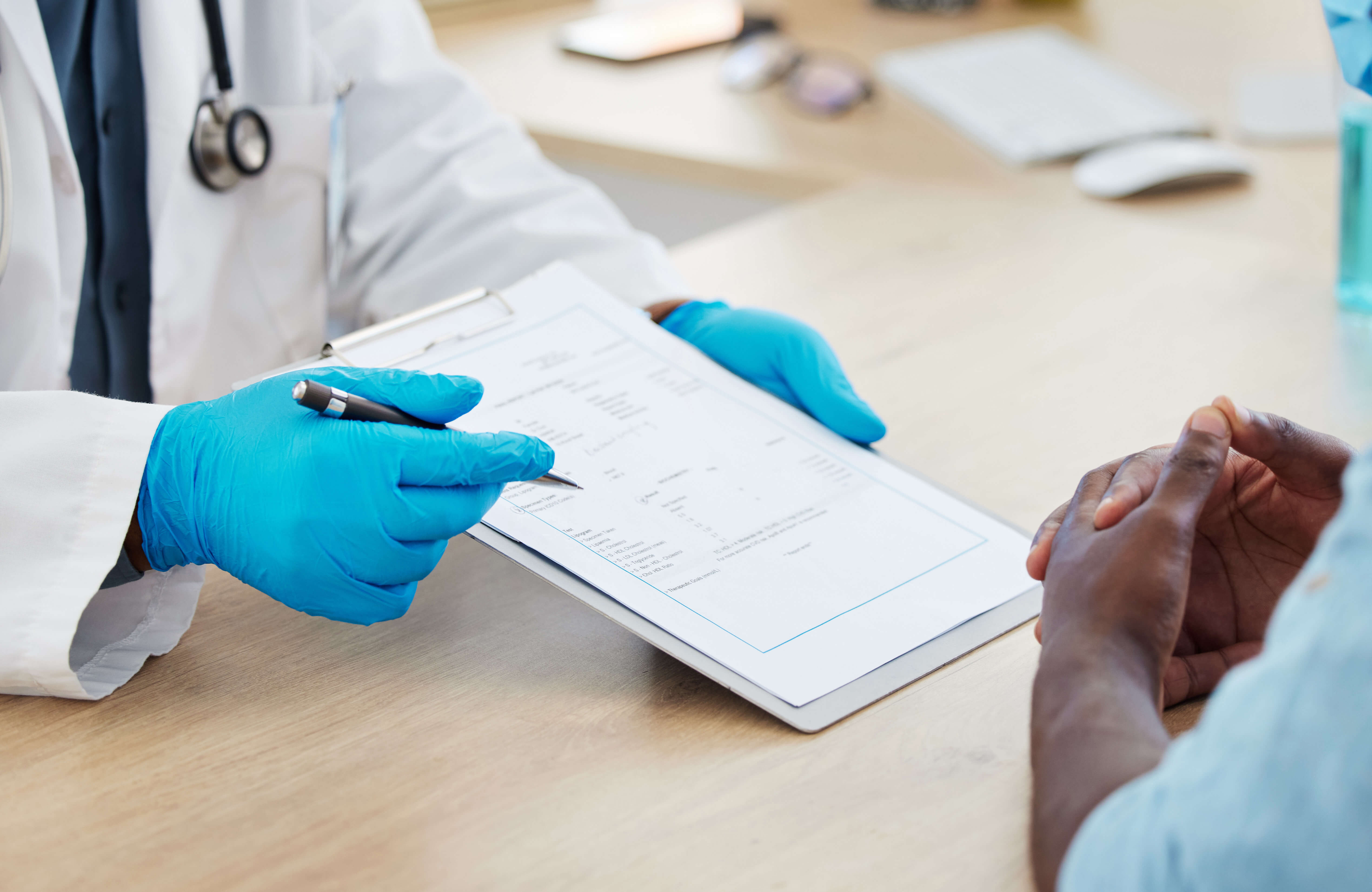
Source: Envato Elements
Why Get Tested for HIV?
As it is crucial to start treatment immediately, it is very important to get tested. If diagnosed early, one can prevent the virus’ progression to AIDS. The CDC (Centers for Disease Control and Prevention) recommends everyone from ages 13 to 64 to get tested for HIV at least once as part of their routine health check-up.
One must ensure getting tested for HIV every 6 months or once a year if:
One’s partner is HIV positive.
One has been diagnosed with any other sexually transmitted disease.
One has frequent sexual relations with more than one person.
One has recently shared needles, syringes or any other drug equipment.
One is pregnant, so to reduce the risk of passing it on to the baby, ensure getting tested during each pregnancy.
Types of HIV Testing
There are three types of tests available which are:
Antibody HIV Test: Antibodies are produced by the body when exposed to viruses like HIV. This test looks for antibodies in blood or oral fluid. It is also available as a self-test kit, which can be used at home. It is the only FDA approved self-test.
Antigen/Antibody HIV Test: This test looks for both antigens and antibodies in the bloodstream. It is more commonly used in labs.
Nucleic Acid Test (NAT): This test looks for the actual virus in the blood. It can tell if one has HIV or not, and the amount of virus present in the blood also known as ‘viral load’. This test should be considered for people who have had a possible exposure to HIV, have early symptoms, or want to know their viral load.
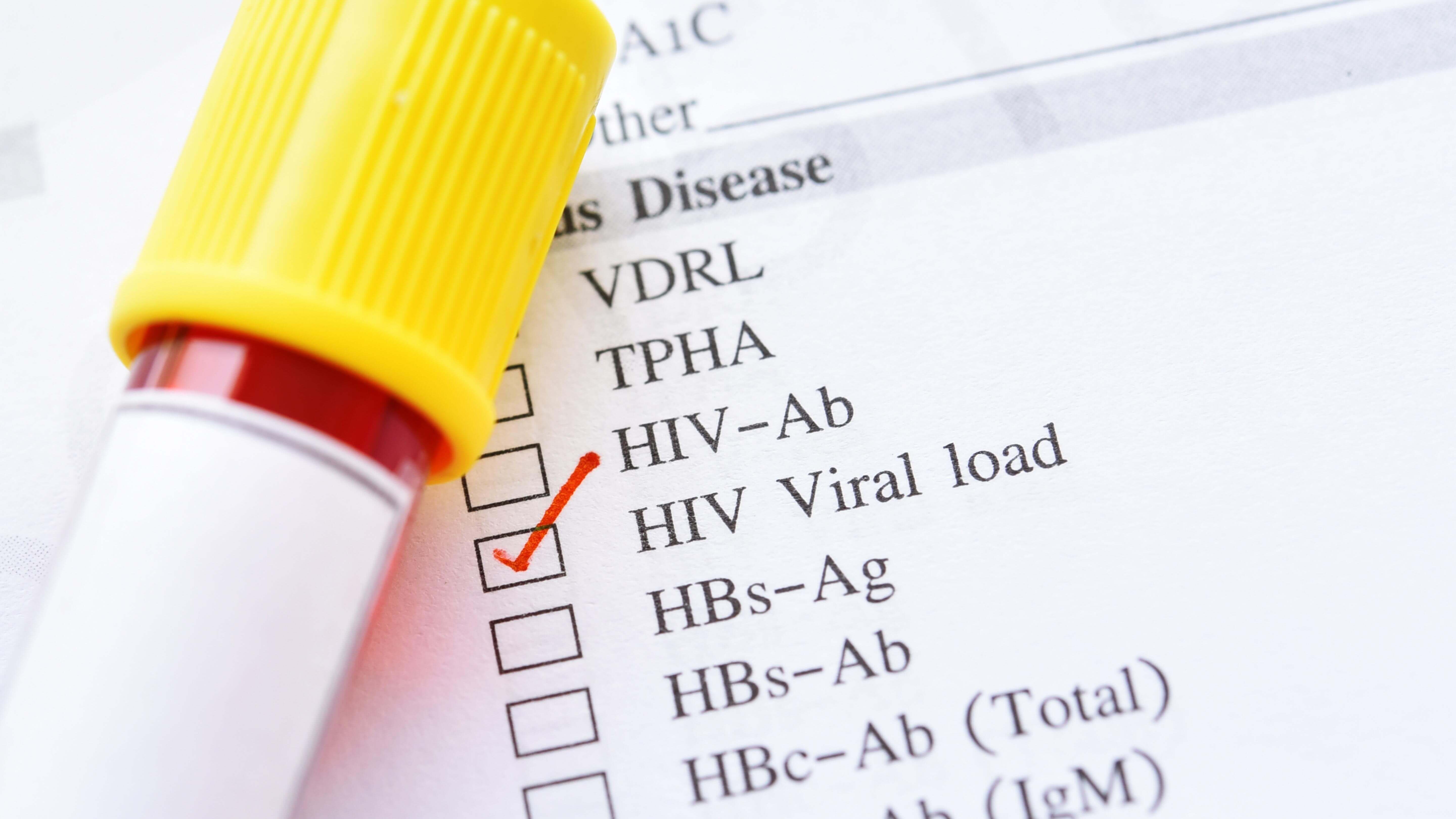
Source: Envato Elements
Consult with a doctor to know which test is more suitable. During the testing process, a phenomenon called window period should be kept in mind.
Window Period
A negative HIV result doesn’t always mean the absence of HIV. In some cases, HIV can take time to appear in the bloodstream leading to false negatives. A window period is the time between HIV exposure and when a test can detect the virus in the body. For NAT, the window period is generally 10-33 days and for rapid antigen or antibody tests, it is 23-90 days. One should always take a follow-up test after the window period to confirm their HIV condition.
Treatment for HIV
It is possible for people with HIV to live long, healthy lives, provided they are given proper treatment. While there is no complete cure for HIV, there are medications available such as antiretroviral therapy (ART) which can lower one’s viral load. This phenomenon is called undetectable viral load, which is the best a person with HIV can do in terms of treatment. At this stage, they can no longer transmit the virus to anyone.
Stigma Surrounding HIV
Many people still lack basic information about HIV, which leads to stigma and a misconception about people with HIV. They can face serious discrimination due to a lack of clear knowledge. It is very important to note that HIV cannot be contracted through touch or breathing the same air.
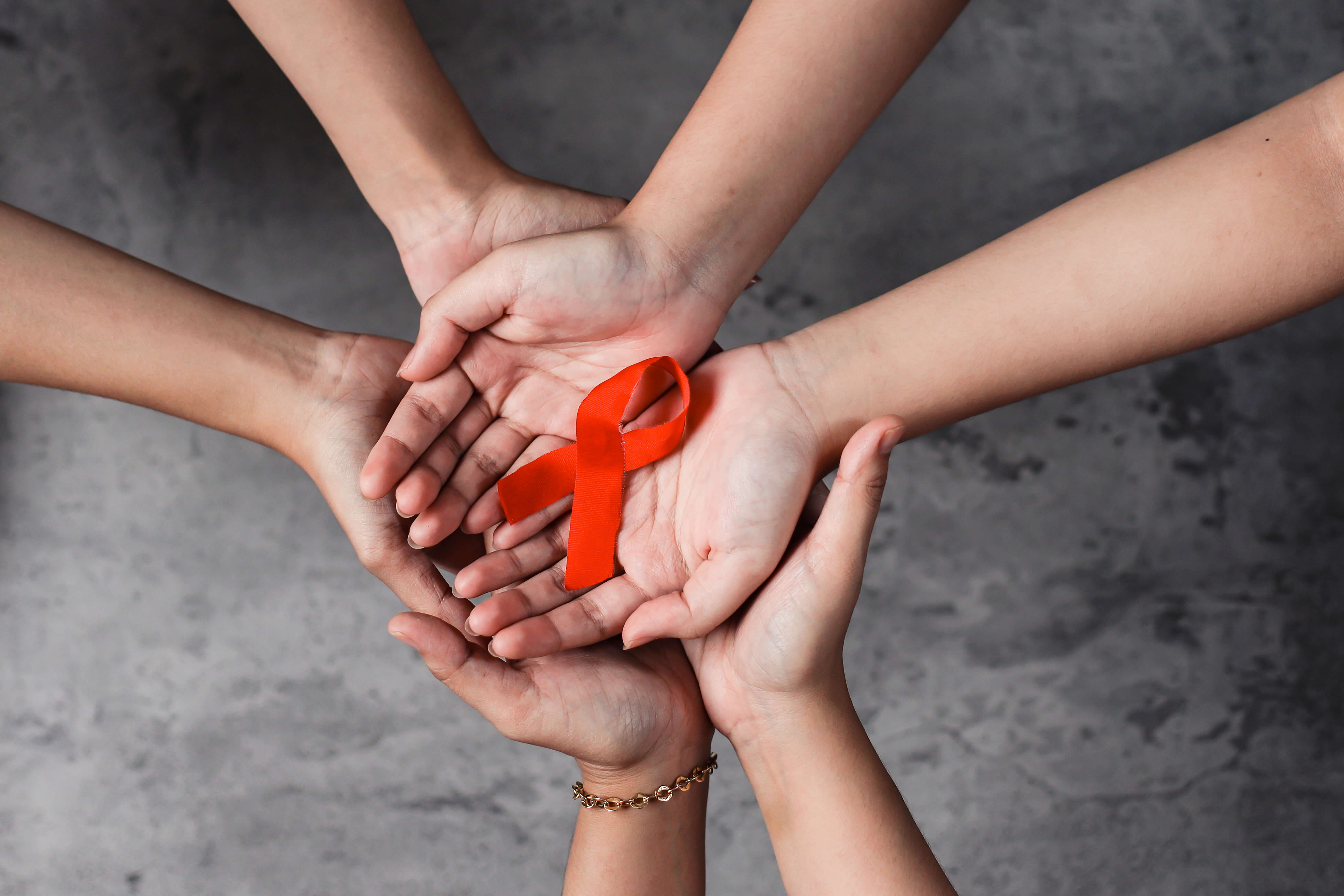
Source: Envato Elements
Marginalized groups like the LGBTQ+ community and sex workers get targeted the most with doctors refusing to give treatment and social isolation, leading to dire consequences. People with HIV tend to have low self-esteem and can also experience internalized stigma and shame for having HIV. It is important to have a supportive circle of family and friends that can help one’s mental health during this crucial time.
To prevent spreading the virus and get proper treatment as soon as possible, it is extremely important to get tested for HIV regularly. It is advised to get tested every 6 months if one is at risk of exposure and make sure to use proper prevention techniques. Let us raise awareness about the importance of HIV Testing!





 Information
Information Alert
Alert